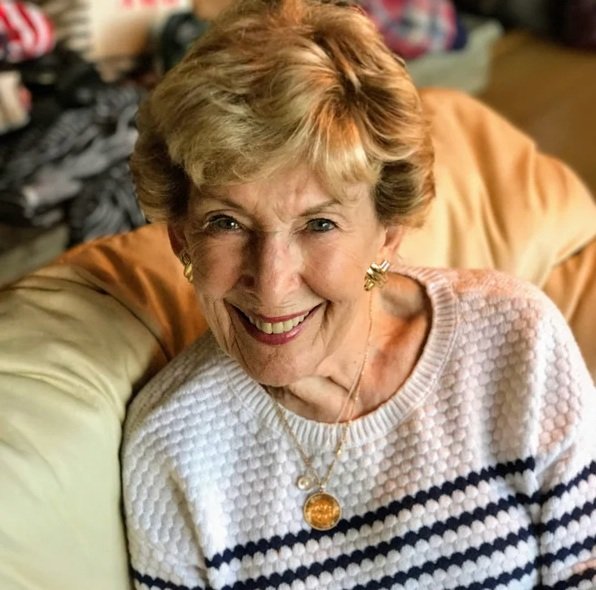A Labor of Love and Limits: When Caring for Parents Requires Help
Written by:
Jeffrey Grossman
Published:
August 4th, 2023
Barbara Grossman, 1926-2020
Our cultural expectations often perceive adult children caring for their aging parents as a poignant display of devotion and loyalty. Yet, this journey, brimming with noble intent, can morph into an all-consuming endeavor that profoundly transforms family dynamics and can sometimes result in unintended adverse effects.
This is the story of my grandmother, Barbara, an exceptional matriarch whose wisdom, kindness, and generosity defined her ninety-five years of life, and my father, Steven, an excellent physician and dutiful son.
As the COVID pandemic unfolded, my father decided to remove my grandmother from her senior living facility, opting instead to personally provide her with the care she needed. His medical expertise and resources seemed to equip him well for this task. However, over time, the challenges he encountered veered from the practical to the psychological.
In his new role, my father was not merely her son but her nurse, chef, and companion, navigating the ceaseless responsibilities that caring for an elderly loved one requires. Despite his best intentions, he soon discovered that the emotional toll of witnessing his mother's declining capacities and the limitations imposed on his personal life cultivated a climate of frustration and resentment.
Ultimately, prompted by my pleas, my father reluctantly enlisted the aid of professional caregivers for what was originally intended to be a temporary respite. The transition, however, was transformative. Barbara's interaction with her new caregivers infused her daily life with a refreshing diversity of conversations and social engagement.
The professional caregivers' presence not only offered a much-needed reprieve for my father, but it significantly enriched Barbara's quality of life. She found their company delightful, their discussions stimulating, and their demeanor comforting. When asked about her experience with her new caregivers, Barbara would affectionately describe them as "simply darling."
Crucially, the introduction of professional care alleviated the family's latent tension, enabling everyone to resume their original roles. My father was able to be a son again, free from the strains and pressures of constant caregiving.
This experience has underscored the wisdom in recognizing that a well-intentioned act of love, such as personally caring for an aging parent, can inadvertently introduce more challenges than benefits. Altering the nature of a familial relationship to accommodate the responsibilities of a caregiver can strain the underlying bonds. It is imperative to contemplate how the twilight years with your loved ones should be spent.
At times, the most effective way to ensure holistic care for a loved one may involve ceding the intimate personal care responsibilities to the professionals.
Need Support for an Elderly Loved One? Call Commonwise Home Care
At Commonwise Home Care, we understand the delicate balance required to respect your loved one's independence while ensuring they receive the care and support they need. Whether it's a few hours a day or round-the-clock care, Commonwise tailors care to the needs of your loved ones, supporting them wherever they call home.
Our in-home care services are designed to provide personalized support that enhances your parents' quality of life. From companionship and personal care to specialized assistance for conditions like dementia, our dedicated team of Caregivers is here to provide compassionate, professional care to senior loved ones.
With Commonwise, you can have peace of mind knowing that your elderly parent is receiving exceptional care in the comfort of their own home. Contact us today to learn more about how we can support you and your elderly loved one as they enter this new chapter of life. Together, we can create a comprehensive care plan that meets your parent's unique needs and helps them live life to the fullest.

